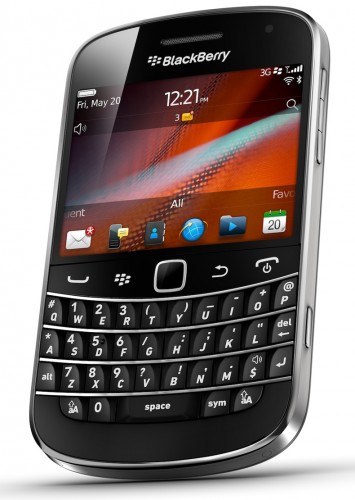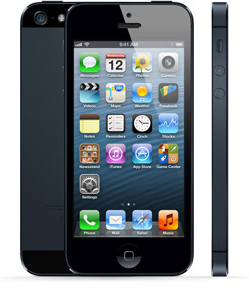 BlackBerry phones are thought to be among the safest in the world. Almost all politicians use them. But nevertheless, RIM has reported a very big drop in sales and revenues (about 40%) in comparison with the previous year, and this tendency has been observed for several years already. Besides, the release of new Blackberry 10 has been delayed up to the beginning of 2013, the sales of Blackberry 7 isn’t at the levels wanted, the company has to cut up to five thousand job places. The chain of total misfortunes has followed RIM for the past time. So, many specialists say that Blackberry is dying. Is it so? What can RIM do to improve its prospects?
BlackBerry phones are thought to be among the safest in the world. Almost all politicians use them. But nevertheless, RIM has reported a very big drop in sales and revenues (about 40%) in comparison with the previous year, and this tendency has been observed for several years already. Besides, the release of new Blackberry 10 has been delayed up to the beginning of 2013, the sales of Blackberry 7 isn’t at the levels wanted, the company has to cut up to five thousand job places. The chain of total misfortunes has followed RIM for the past time. So, many specialists say that Blackberry is dying. Is it so? What can RIM do to improve its prospects?
Today RIM has several possible solutions, but all of them require total change in company’s work and specialization. And here they are:
- Licensing RIM software to other companies. One of the possible ways for RIM to get out of the crisis is to let other companies to use its Blackberry operation system. It may lead to the increase of the popularity of the OS (just like it was with Android) when people will get a chance to choose among different hardware solutions.
- Sale or license of the patents. It may be a good variant to let other corporations to use the patents, but it won’t make any contribution to innovative development of RIM what can lead to the further drop of the positions. It may happen just because money isn’t the most important thing in mobile development today; it is more for innovations in this sphere. Who is smarter gets more profit.
- Focus on hardware development. It is quite opposite solution to the first one mentioned. As a variant RIM can start developing good hardware with installing some other operating systems, like Android or Windows Mobile (the latter would be more reasonable as the number of manufacturers that develop phones for Windows Mobile isn’t very big now and the niche isn’t taken yet).
- Selling of RIM. Of course, it is the worst variant of all, but if there are no changes in the situation, the owners will have to do it. However, it would mean the end of Blackberry as a trend.
No matter what decision is taken, the era of great changes for everyone who is somehow connected to RIM is coming. Let’s hope that these changes will be for good and we will see Blackberry phones in top 5 of best-selling phones in the world accompanied by iOS, Android and Windows Mobile phones.

